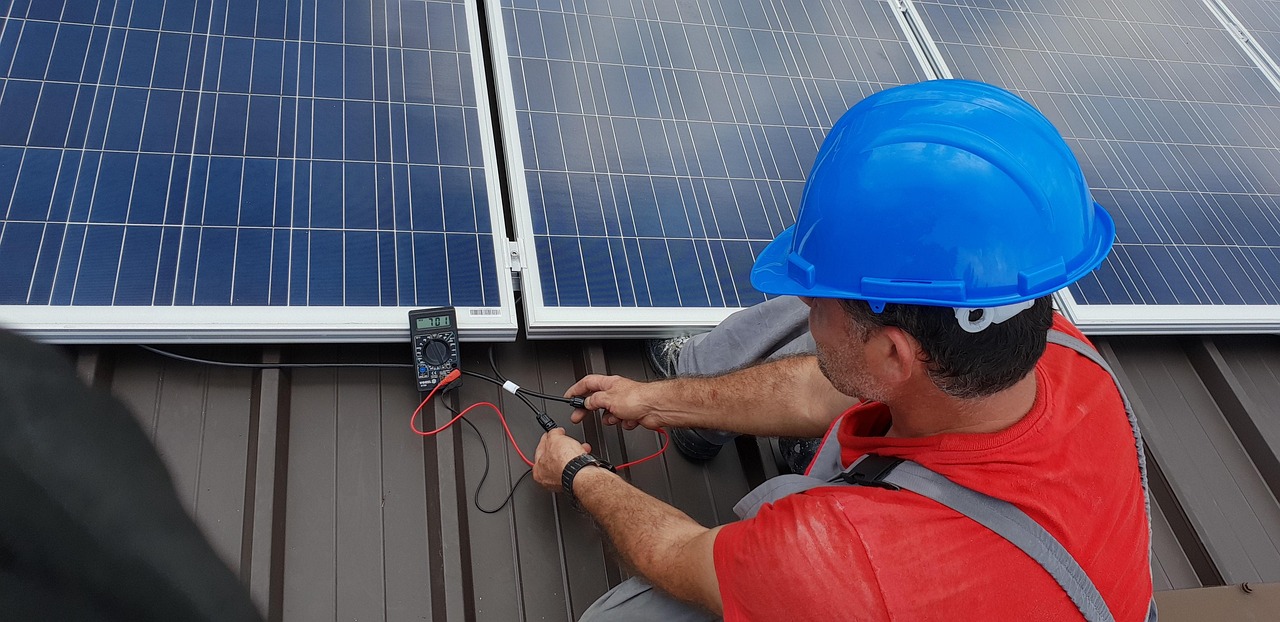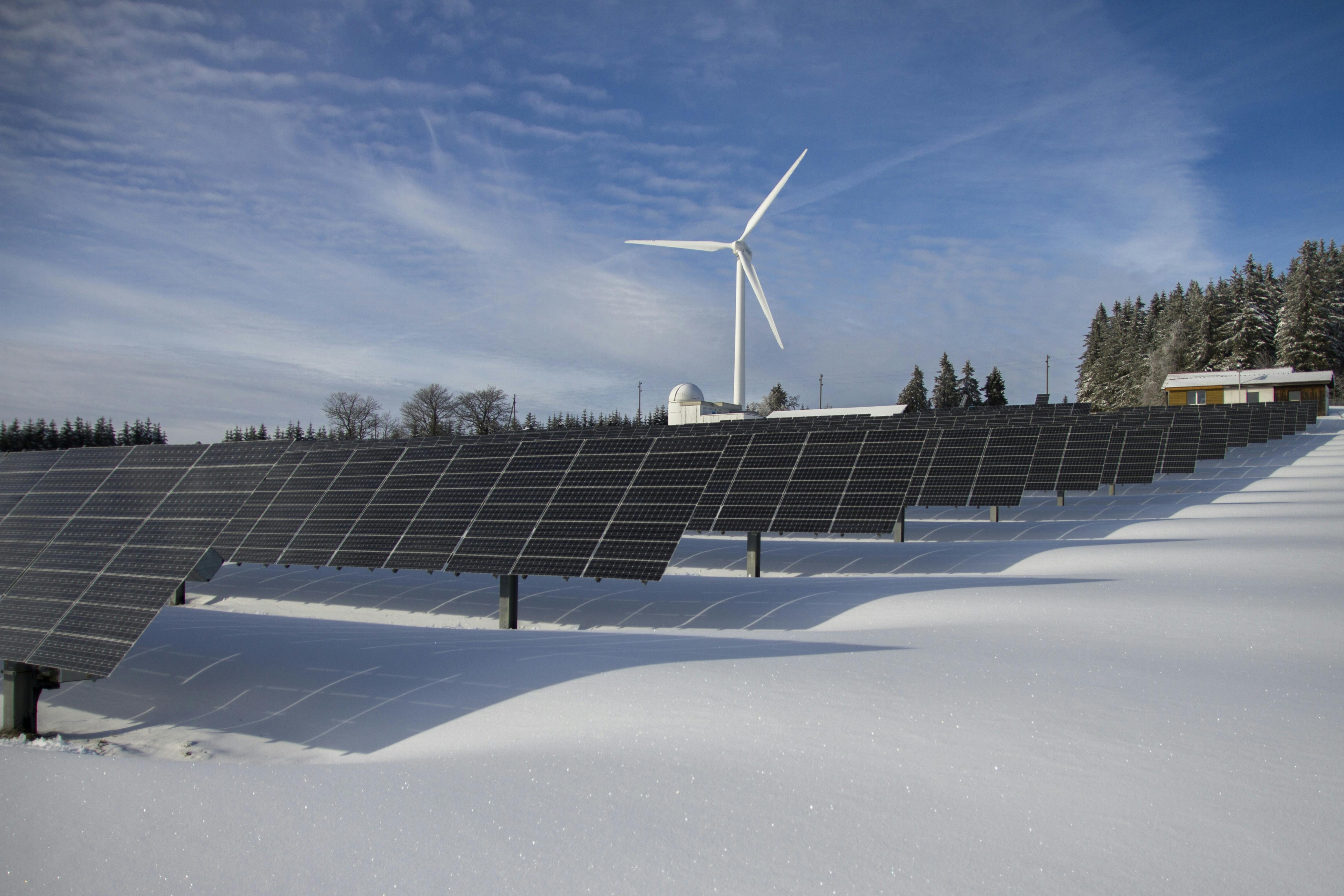Efficiency of solar panels and what impacts performance
Explore solar panel efficiency and performance in under 5 minutes.

Understanding the performance and efficiency of solar panels is key to knowing if they’re a good investment for you. Here’s what you need to know in 5 minutes or less!
Key Takeaways:
How efficient are solar panels and how will that change over time?
Different solar panels vary in efficiency, but the technology is well-developed, with panels reliably producing power for over 25 years. As with any technology, performance will gradually decline over time, though this decrease will differ depending on the type and quality of the panels.
Many solar panels come with performance guarantees. For example, you might encounter warranties stating “95% for the first 5 years and 80% for the first 20 years.” This means that in the first 5 years, your panels should operate at 95% or better of their original capacity. By the 20-year mark, they are expected to still perform at 80% or more of their peak efficiency.
To get a clearer picture of how different panels will perform over time, you can consult with your Green Homes Guru or review performance charts. If you don't yet have a Guru, you can book a free consultation through the MakeMyHouseGreen platform to get personalised advice on panel performance and find the best options for your needs.
What this means is that for the example guarantee described above, at year 20 in the life of a 330W panel, it will actually have a peak performance of 264W (80% of 330W). So, if you have a system with 12 of these panels (12x330W = 4.0kW) it will still be producing power like a 3.2kW system (80% of 4.0kW) after 20 years.
There are panels with higher performance guarantees, up to around 90% at 25 years, but these are more expensive. For comparison, this higher quality panel will be producing power at ~93% of its original capacity at the equivalent 20-year mark. That is, the 4.0kW system will now be producing power like a 3.6kW system. You will need to consider whether this additional performance, and associated cost, is something that you are interested in.
What impacts the efficiency of solar panels?
The efficiency of your solar panels is influenced by several factors beyond just whether they are mono-crystalline or poly-crystalline. Key elements include the direction they face, your geographical location, and local weather conditions. To maximise the performance of your solar system, it’s crucial to consider all these factors.
For example, imagine you have a house with 10 solar panels facing due south and another 10 facing due north. The south-facing panels might generate about 4,025 kWh per year, while the north-facing ones could produce only 1,664 kWh annually. This significant difference highlights how the direction of your panels can affect their energy output.
Additionally, if you were to relocate your house to a different part of the country, the energy production figures would change based on the new location’s sunlight intensity and weather patterns, even if the panel orientations remain the same.
Other factors, such as shading from nearby buildings, chimneys, and trees, can also impact the efficiency of your solar panels. Ensuring optimal placement and minimising obstructions will help you get the most out of your solar energy system.
What Are the Key Factors That Affect the Efficiency of Solar Panels?
- Orientation and Tilt:
The angle and direction of your solar panels are vital factors affecting their performance. For increased efficiency, panels should face directly towards the sun - southward in the northern hemisphere and northward in the southern hemisphere. Adjusting the tilt angle to match your location's latitude maximises sunlight exposure, leading to more solar power being captured.
- Shade:
Shading can be an efficiency killer for solar panels. Even minimal shading caused by nearby structures or trees can drastically reduce panel efficiency. Selecting an installation site with minimal shading throughout the day is essential for maintaining peak performance.
- Temperature:
You may be surprised to learn that high temperatures can actually hinder solar panel efficiency. Solar cells operate more efficiently at lower temperatures, so proper ventilation and cooling mechanisms are vital. Adequate cooling can enhance both panel efficiency and lifespan, ensuring optimal performance over time.
- Cleanliness:
Dust and dirt accumulation on solar panels can obstruct sunlight and decrease efficiency. Regular cleaning and maintenance are crucial to keep panels operating at their best. Simple cleaning methods like rinsing with water or using specialised solutions can help maintain peak efficiency. You don’t want to miss out on both energy and savings due to some dirt!
- Panel Quality and Age:
The quality and age of your solar panels impact their efficiency and longevity. Investing in high-quality panels ensures better conversion efficiency and a longer lifespan, ultimately leading to higher energy production and a better return on investment. And who doesn’t want that?
- Solar Cell Type:
The type of solar cells used in your panels influences their efficiency. Monocrystalline cells typically offer higher efficiency compared to polycrystalline or thin-film cells. Understanding the differences can help you choose the right option for your specific needs. Use our guide to help you decide what the right type of solar panels are for your home.
How Is Solar Panel Efficiency Measured?
Solar panel efficiency measures how effectively a solar panel converts sunlight into electricity. Expressed as a percentage, this metric indicates the proportion of sunlight that is transformed into usable electrical power. In essence, a higher efficiency rating means that more electricity is generated from the same amount of sunlight.
For instance, a panel with 20% efficiency converts 20% of the sunlight it receives into electricity, while a panel with 15% efficiency converts only 15%. Higher efficiency panels are more effective at generating electricity, which can be especially beneficial when space is limited or when you want to maximise energy output.
Why Are High Efficiency Solar Panels Important?
A solar panel with a higher efficiency rating, such as 23%, can capture a greater percentage of sunlight, resulting in more electricity for your home. Although high-efficiency solar panels often come with a higher initial cost, their long-term advantages make them a worthwhile investment.
Choosing the most efficient panels you can afford is generally recommended. These panels not only produce more electricity per square foot of space but also tend to have a longer lifespan. This means that, despite a higher upfront cost, the benefits—such as increased energy output and durability—can outweigh the initial expense.
High-efficiency panels are especially useful for installations where space is limited. Their ability to generate more power in a smaller area makes them ideal for residential rooftops or commercial properties where space is at a premium. By maximising energy production and optimising space usage, these panels can help you achieve greater energy independence and cost savings over time.
Benefits of High Efficiency Solar Panels:
Solar panels offer an array of benefits, positioning them as one of the most promising sources of renewable energy. Harnessing the power of natural sunlight, they provide an efficient means of generating electricity. What's more, once you've installed a solar panel PV (Photovoltaic) system, you'll enjoy the perks without incurring ongoing expenses.
Here's a glimpse into the advantages these solar-powered systems bring:
- Renewable Energy Source: Solar panels serve as a prime example of renewable energy sources, utilising sunlight to generate electricity sustainably.
- Energy Independence: By generating your own electricity, you reduce reliance on traditional utility providers, offering greater energy independence.
- Lower Electricity Bills: With solar panels offsetting your energy consumption, you can significantly reduce your monthly electricity bills.
- Reduced Carbon Footprint: Solar energy production produces zero greenhouse gas emissions, contributing to a cleaner environment and reducing your carbon footprint.
- Low Maintenance: Solar panels require minimal maintenance, with occasional cleaning being the primary upkeep task.
- Grid Security: Solar panels enhance grid security by decentralising energy production, and reducing vulnerability to power outages and disruptions.
- Contribution to Sustainable Development: Embracing solar energy contributes to global efforts towards sustainable development and combating climate change.
Now that you're an expert in the efficiency of solar panels, you should be in a much better position to choose the right solar panel for your needs. We cover more about other system aspects in other articles, but if you have any questions in the meantime, check out our Guru FAQS or drop us an email via team@makemyhousegreen.com.
Ready to see what you can save?
Our solar calculator is 100% free to use. Enter your postcode below to get started.

Based on 400+ Trustpilot reviews






